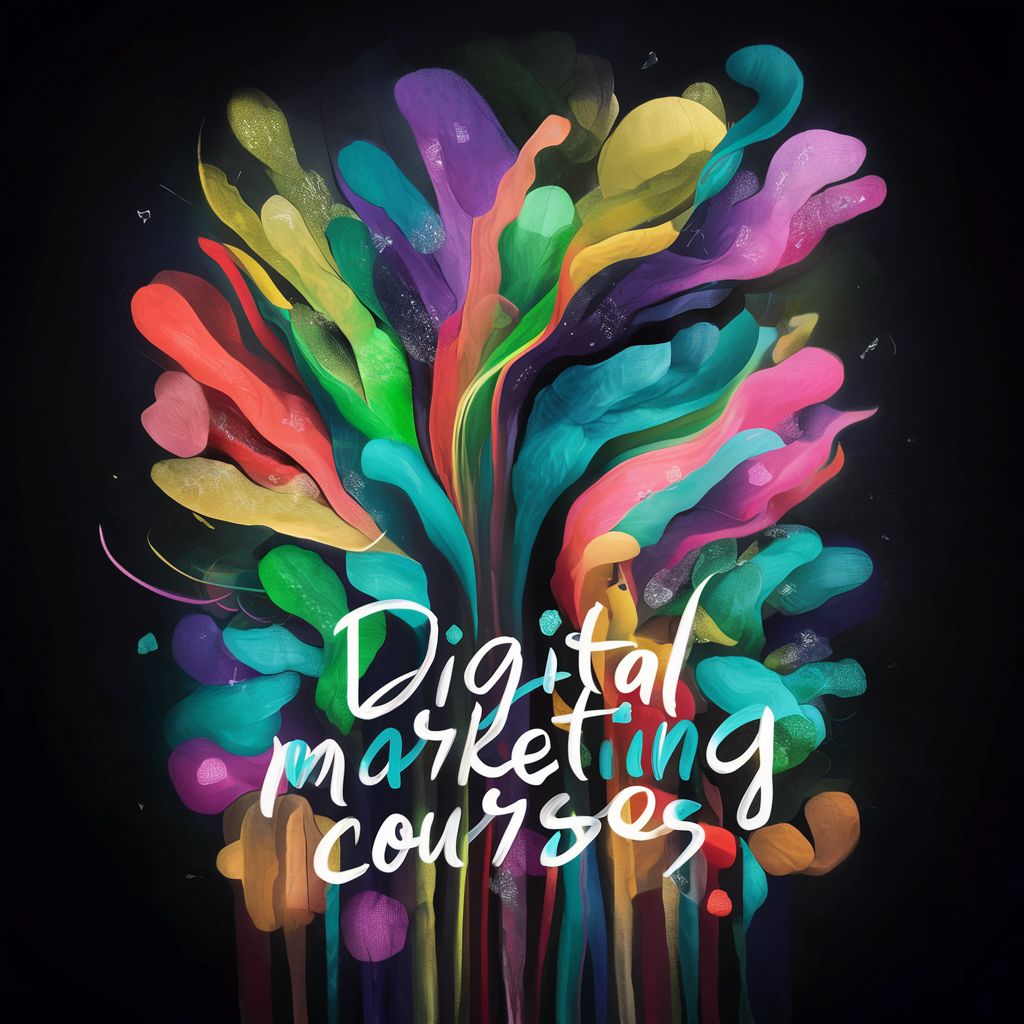Digital Marketing Course Dubai
Benefits of Pursuing a Digital Marketing Course in Dubai
In today’s fast-paced digital era, the significance of digital marketing cannot be overstated. As businesses increasingly focus on online platforms, the demand for skilled digital marketers is rising. Pursuing a digital marketing course in Dubai can offer many professional and personal benefits.
Why Choose?
Enhanced Employability: Acquiring specialized skills in digital marketing can significantly improve your employability. With businesses relying more on online strategies, professionals with expertise in digital marketing are highly sought after.
Entrepreneurial Opportunities: The knowledge gained from a digital marketing course can empower individuals to start their ventures. Understanding how to effectively promote products or services online is crucial for entrepreneurial success in today’s competitive market.
Cost-Effective Promotion: Digital marketing provides a cost-effective way to reach a wider audience than traditional marketing methods. Businesses can achieve greater visibility without breaking the bank by leveraging tools like SEO, SEM, and social media.
Community Engagement: Digital marketing workshops and training sessions benefit individuals and contribute to local businesses’ growth. By educating SMEs on digital promotion strategies, these courses help boost community engagement and economic development.

Reputable Institutions Offering Course in Dubai
- University of Dubai: Known for its comprehensive digital marketing programs that cover various aspects of online promotion.
- Middlesex University Dubai: Offers specialized courses focusing on practical skills needed for a successful career in digital marketing.
- Digital Marketing Institute (DMI): Provides industry-recognized certifications and training programs tailored to meet the demands of the ever-evolving digital landscape.
By enrolling in courses offered by these reputable institutions, individuals can gain valuable insights into digital marketing and equip themselves with the necessary skills to excel in this dynamic field. In conclusion, pursuing a digital marketing course in Dubai is not just about acquiring knowledge but investing in a future where opportunities are abundant and success is within reach. Whether you aim to climb the corporate ladder or embark on an entrepreneurial journey, mastering digital marketing can be your key to unlocking a world of possibilities. Remember, the digital realm is ever-evolving, and staying ahead requires continuous learning and adaptation. So why wait? Take the first step towards a rewarding career by enrolling in a digital marketing course today!



